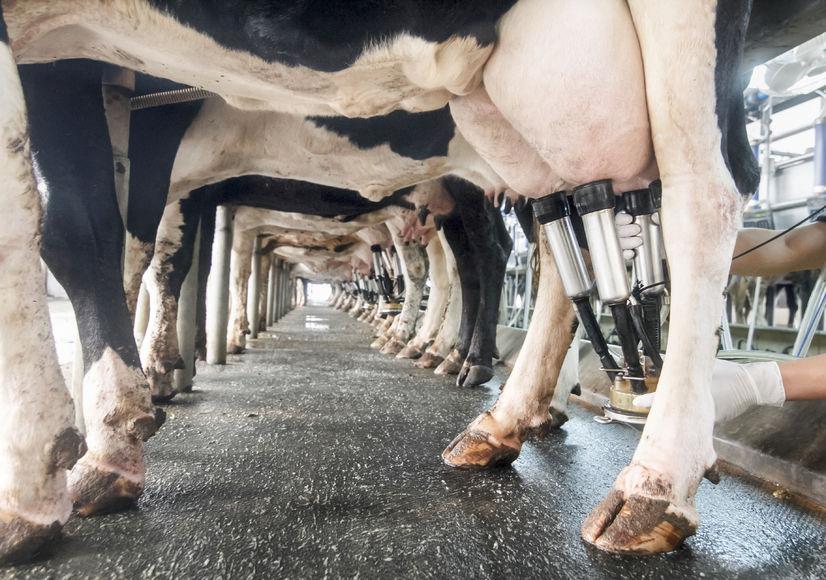
Current labour shortages are affecting many parts of the dairy industry due to a shortage of drivers, factory workers and farm staff, the sector has warned.
The NFU and the Royal Association of British Dairy Farmers (RABDF) have raised the problems caused by a lack of labour in the food supply chain.
Haulage, processing, packing and hospitality are all areas of concern, with driver shortages being particularly acute, both groups warn.
They are asking their members to be mindful of these pressures, and to help play their part in managing the situation in the best possible way.
Michael Oakes, NFU dairy board chair, said the entire dairy industry must do all it can to help try and ease the situation.
"We are asking our members to play their part. This is especially crucial for milk tanker drivers, who are a vital part of our supply chain," he said.
"Therefore, we have issued some top tips for ways farmers can make the lives of our tanker drivers easier whilst on farm.”
Farmers can help by installing simple signage indicating any one-way systems, where to pull in and out of the yard, the collection point situation or other key farm landmarks.
Ensuring access and passageways are free of machinery and vehicles can also help, the organisations say, as some drivers may not be as experienced as regular drivers.
The NFU and RABDF add that allowing the driver to collect milk without distractions will also help, such as loose dogs or other potential delays.
Peter Alvis, RABDF chair, said that if the situation got worse, it could create 'big problems' for the supply chain, such as wastage of milk and added costs.
“For the dairy industry, we understand in some cases that this has meant non-collection or delayed collections of milk," Mr Alvis said.
“Due to the labour shortage, the tanker drivers coming to your farm may be under a lot of time pressure or may not necessarily have visited your farm before.
"Therefore, any delays could interrupt the dairy supply chain.”
